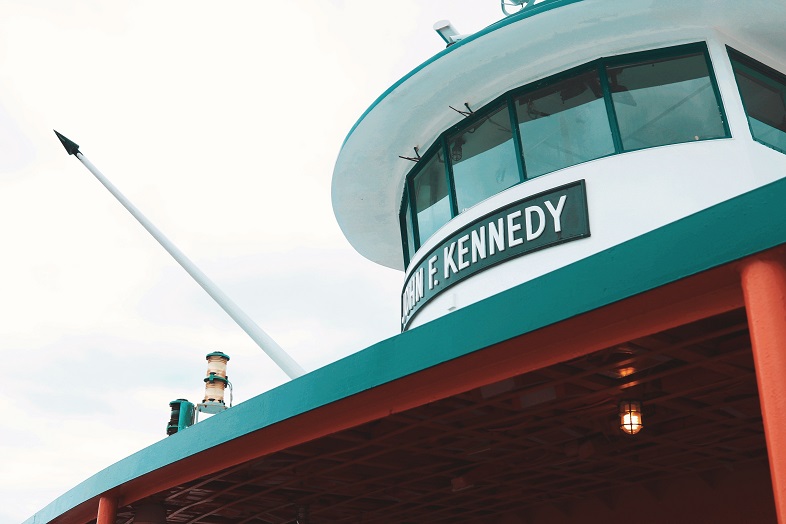
Jan 3rd: The bustling city of Chicago is no stranger to constant transformation and development. In recent times, one of the most significant undertakings has been the Kennedy Expressway Construction Project. This ambitious initiative aims to revitalize and enhance one of the city’s crucial transportation arteries, bringing both challenges and opportunities for commuters, businesses, and residents alike.
Background:
The Kennedy Expressway, part of the Interstate 90 (I-90) and Interstate 94 (I-94) confluence, serves as a vital link connecting the O’Hare International Airport, the city center, and the northern and western suburbs. As an essential lifeline for commuters, the expressway has undergone various maintenance projects over the years. However, the recent construction project represents a comprehensive effort to address longstanding issues, improve safety, and accommodate the growing needs of a dynamic city.
Key Objectives:
Infrastructure Enhancement:
The primary goal of the Kennedy Expressway Construction Project is to upgrade and modernize the infrastructure. This includes resurfacing roadways, repairing bridges, and implementing advanced traffic management systems to reduce congestion and improve overall safety.
Capacity Expansion:
Chicago’s population and economic activities continue to grow, leading to increased traffic on the Kennedy Expressway. The construction project aims to expand the expressway’s capacity to accommodate current and future demands, ensuring a smoother flow of traffic.
Public Transit Integration:
Recognizing the importance of a comprehensive transportation network, the project includes measures to integrate public transit options seamlessly. This may involve the creation of dedicated lanes for buses or the implementation of technology to enhance transit efficiency.
Challenges and Disruptions:
Traffic Congestion:
Undoubtedly, one of the most immediate challenges of the construction project is the inevitable increase in traffic congestion. Commuters are urged to plan alternative routes, use public transportation, or explore flexible work arrangements to mitigate the impact on daily routines.
Business Disruptions:
Local businesses along the expressway may experience disruptions due to construction activities. The city has implemented measures to support affected businesses, including promotional campaigns to encourage patronage and financial assistance programs.
Community Engagement:
The success of the Kennedy Expressway Construction Project relies heavily on effective communication and collaboration with the community. Regular updates through various channels, including community meetings, online platforms, and traditional media, aim to keep residents and businesses informed about project timelines, detours, and milestones.
Environmental Considerations:
The construction project is committed to minimizing its environmental footprint. Measures such as responsible waste management, landscaping initiatives, and the incorporation of sustainable materials are integral parts of the project’s ethos.
Conclusion:
While the Kennedy Expressway Construction Project presents short-term challenges for Chicagoans, the long-term benefits promise a more efficient, safe, and sustainable transportation infrastructure. As the city continues to evolve, such initiatives are crucial to ensuring that its foundational elements can support the needs of residents, businesses, and visitors alike. Patience and collaboration will be key as the city works together to navigate the construction phase and embrace the positive changes that lie ahead.

